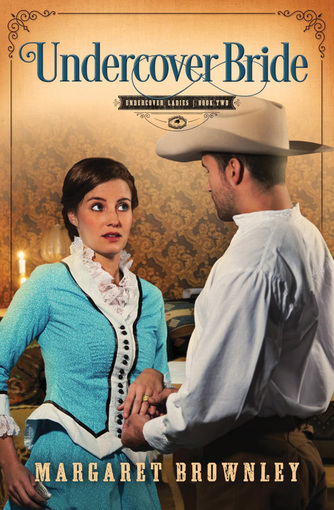 Interview by Brock Eastman Featuring Undercover Bride Pinkerton detective Maggie Cartwright has no intention of walking down the aisle. . . . But her current case has Maggie posing as a mail-order bride for widower Garrett Thomas, the prime suspect in the Whistle-Stop Bandit robbery. No sooner does Maggie arrive in Arizona Territory when she’s confronted by his meddlesome aunt who insists the two set an early wedding date. With the clock ticking, Maggie sets to work to uncover the truth. Maggie is nothing like the woman widower Garrett expected from her letters. But he’s immediately smitten with the blue-eyed beauty and feels the need to protect her, not only from his aunt’s critical eye, but also from the ugliness of his past. As the day of the wedding draws near, Maggie begins to panic. The investigation may be progressing, but the real problem is that the more she gets to know Garrett and his two charming children, the harder it is to keep up the deception. Can a man as kind and gentle as Garrett really be the Whistle-Stop Bandit? Or has the possibility of a home, family, and a handsome husband blinded Maggie from seeing the truth? Brock: How did you come up with the idea for this book? Margaret: The idea for my Undercover series came after I read the biography of Kate Warne, the first female Pinkerton detective. I was shocked to learn that she was hired by Allan Pinkerton in 1852. That's fifty years before the first policewoman was hired. He thought she was applying for a secretarial job but she soon relieved him of that notion. Oh, to have been at that meeting! Brock: Tell us about the main characters? Who are they, what makes them unique. Margaret: Pinkerton detective Maggie Michaels is working undercover as a mail order bride, a job that requires much courage on her part. Her "fiancé" is widower Garrett Thomas, suspected of being the brain behind the Whistle-Stop train holdup. He's a tinker by trade. How he learned the trade is pretty unique. While in the Andersonville prison camp he learned to make cooking and eating utensils for himself and the other prisoners out of canteens and brass buttons. Brock: Give us one fact about each main character that no one else knows. Margaret: Garrett sings off-key in the bathtub and Maggie keeps a stack of dime novels under her bed. Brock: In three sentences, what is this book about? Margaret: Posing as a mail order bride, Maggie Michaels has only a few short weeks to find the seventy-five thousand dollars stolen during a robbery. The clock is ticking. If she doesn't find the proof to put the suspect away, she could end up as his bride! Brock: How do you believe this story relates to the lives of readers? Margaret: A kindly minister saved my orphaned heroine from falling into a life of ill-repute. Instead of following in her father's criminal footsteps, she works on the side of law and order. While I was writing her story, it occurred to me how many wonderful people in my own past helped me become the person I am today. I hope the book will inspire readers to reflect on their own lives and the teachers, ministers and other counselors who helped them along the way. Brock: What is the biblical background or basis for the basic? Margaret: The basic theme relates to the Bible verse chosen for the book: Where there is no counsel, the people fall; But in the multitude of counselors there is safety. Proverbs 11:14 NKJV This theme plays out through the heroine's determination to help the paperboy Linc, whom she fears is on the wrong path and will one day end up as one of Pinkerton's most wanted. I believe we're all called to serve as counselors or mentors and to reach out to others. Brock: Any certain research required for the book? Margaret: Oh, my, yes. Years of watching Castle, CSI and Rizzoli and Isles had taught me a lot about modern day forensics (and how to solve a crime in an hour), but left me clueless when it came to plotting a mystery series set in the nineteenth century. Those old time sleuths had no fingerprints, video cameras or DNA, yet they almost always got their man (or woman) and that's pretty amazing. To find out how they did it I read sixteen books written by Allan Pinkerton and a few written by some of his operatives. Many of the investigative techniques Maggie uses in the book were actually devised by Pinkerton detectives. Brock: How do you strike the right balance in your book? Margaret: You're right, Brock, it is a balancing act. I think the trick is to know reader expectations. Since I write inspirational romance I know that my readers want to feel all the uncertainties and joys of falling in love, so that's always upmost in my mind. My trademark is humor so readers would be disappointed if I didn't make them laugh. My readers also appreciate a meaningful faith-based story that's not preachy. Many women share the same experiences I had in school, where history was taught from a male point of view—all those battles and dates! My female readers really enjoy learning about the past in a fun and entertaining way. As far as working in historical details sometimes less is more. Brock: Why did you choose to focus on male and female protagonists? Margaret: Since I write romance, I try to keep the focus as much as possible on the couple. I love writing romance because every possible theme and conflict can be explored through the relationship of two people falling in love. Brock: Can you give us a hint at the next book in the series? Margaret: I recently turned in the third and last book in the series. Calico Spy takes place in Calico, Kansas. Someone is killing off the Harvey Girls and undercover Pinkerton detective Katie Madison hopes to find the killer before the killer finds her—or before she burns down the restaurant trying. Brock: If your book changed as you wrote it, how is it different than how you originally planned? Margaret: I don't do much in the way of preplanning a book. All I need is an inkling of an idea and an opening sentence and I’m off and running. So I can't really say the book changes because I don't know where it's going in the first place. Brock: What was the biggest set-back you had as a writer? Margaret: I would have to say that flunking eighth grade English was my biggest set-back. My teacher told me not to even think about being a writer. The way I handled it was to give up my dream (big mistake!). It took years before I realize that God doesn’t put a dream into our hearts without also giving us the tools to pursue it. I just had to learn how to use those tools. I never did learn how to diagram a sentence but, with the help of a lot of dedicated editors, I learned how to tell my stories. Brock: What's next for you? Margaret: In addition to Undercover Bride I have a novella out this summer titled The Dog Days of Summer Bride, and as soon as I clean my office I'm starting a new series. 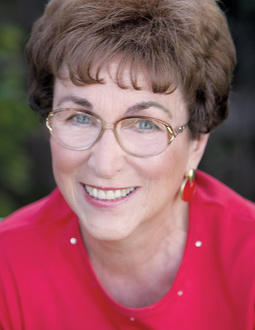 Author Website: Margaret-Brownley.com Author Facebook: facebook.com/MargaretBrownleyAuthor Author Twitter: twitter.com/margaretbrownly Author Pinterest: pinterest.com/brownley1 Author Goodreads: goodreads.com/goodreadscommargaretbrownley
0 Comments
Leave a Reply. |
Follow meArchives
May 2024
Categories
All
|

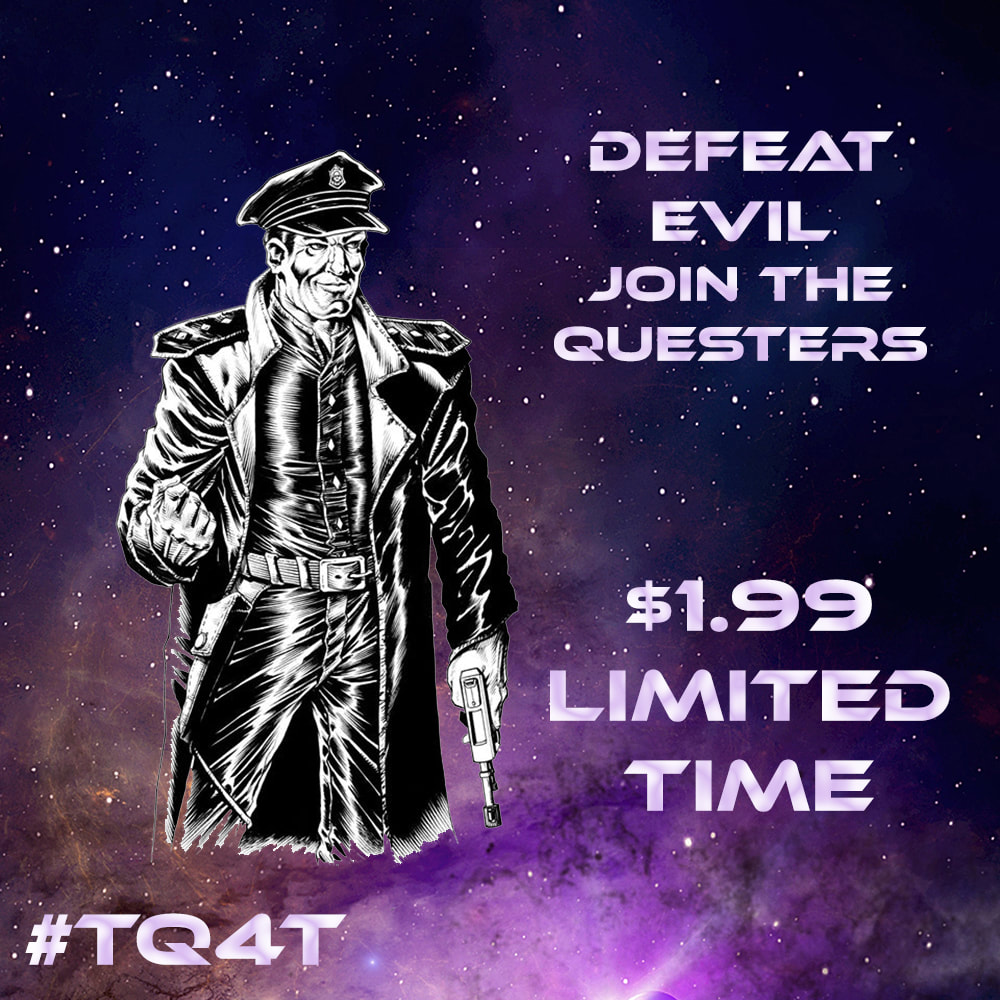
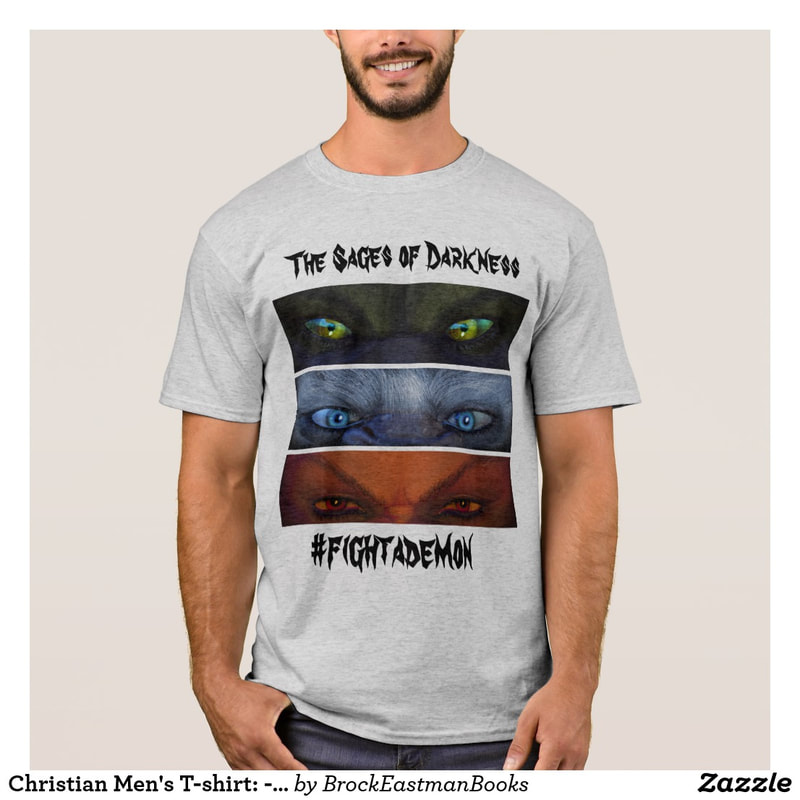

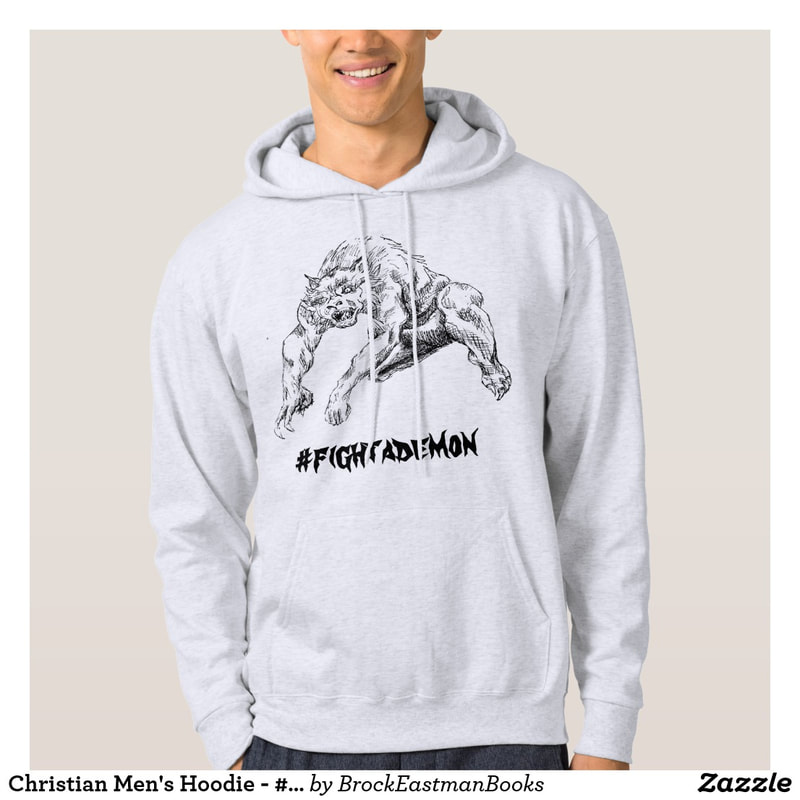

 RSS Feed
RSS Feed